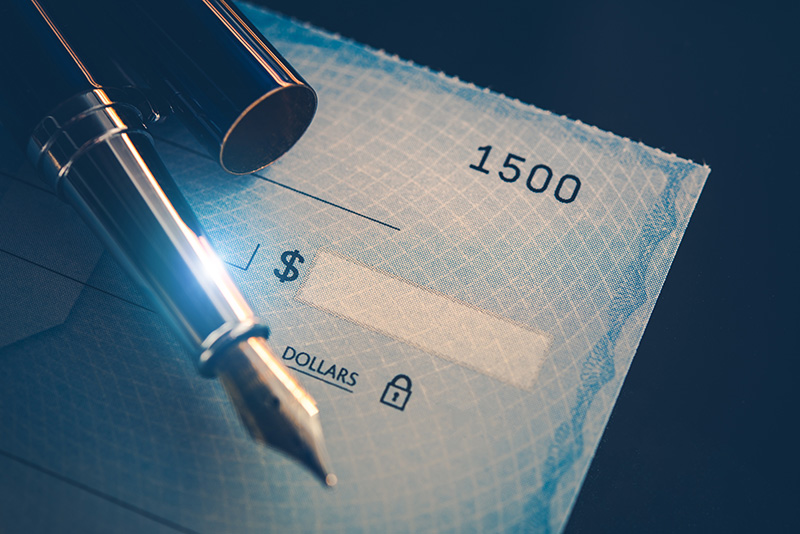Does the IRS do payment plans if you owe taxes?
May 16, 2022 by Steve Banner, EA, MBA
Yes, the IRS does indeed offer payment plans to those taxpayers who owe taxes. And although the IRS would prefer that individuals pay what they owe promptly and in full, the agency also understands that this is often not possible. The impact of life circumstances such as job losses, illnesses, family break-ups and now the COVID pandemic have had the effect of straining the finances of many individuals and families, leaving them vulnerable to unexpected expenses such as tax debts. Paying your tax bill in full before the deadline would allow you to avoid paying interest and penalties on the amount you owe. But as we all know, sometimes life just gets in the way and stops us acting on our best intentions.
Based on its understanding that not everyone can pay in full right away, the IRS offers a series of payment plan options for those who need more time to pay. Depending on your circumstances, you may be able to apply for either of the following:
- Short-term payment plan (paying in 180 days or less) – If you believe that you will be able to pay the amount you owe within 6 months, you can set up a short-term payment plan with the IRS. Although there is no setup fee for this kind of arrangement, interest and penalties will be added to your remaining balance until the debt is paid in full. You can make payments directly from your checking or savings account, or by check, or money order. You can also use your debit/credit card but be aware that additional fees will apply to payments by card.
- Long-term payment plan (paying in monthly installments) – If you feel that you will need more than 6 months to pay off your debt, you can set up a payment plan over a longer term. This arrangement is also known as an Installment Agreement and is based on you making regular monthly payments toward your debt. This plan allows you to pay off your debt over a longer period (generally, up to 72 months), however, a set-up fee is required. Depending on the method of payment that you choose for the agreement, the set-up fee can be as much as $225 or as little as $31. And low-income taxpayers may qualify to pay no set-up fee at all. Just like the short-term method, you can make your payments for Installment Agreements directly from your checking or savings account, or by check, or money order. You can also use your debit/credit card, but additional fees will apply to payments of this type. Once again, interest and penalties will be applied to your outstanding balance until your debt has been paid in full.
As an individual taxpayer, you may qualify to apply online for the above payment plans if:
- Short-term payment plan: You owe less than $100,000 in combined tax, penalties and interest.
- Long-term payment plan (installment agreement): You owe $50,000 or less in combined tax, penalties and interest, and you have filed all current and prior required returns.
These are just a few of the options available to taxpayers who are searching for a payment plan to help with their IRS tax debt. For a more detailed look into installment agreements, click here. Or to review all tax debt relief solutions and for more information, click here. Our experienced tax professionals will help you figure out the best IRS tax debt settlement option for you.





